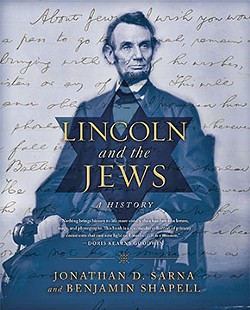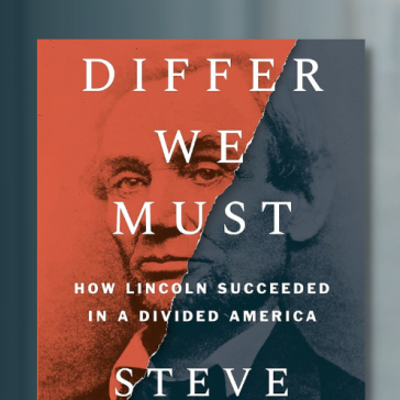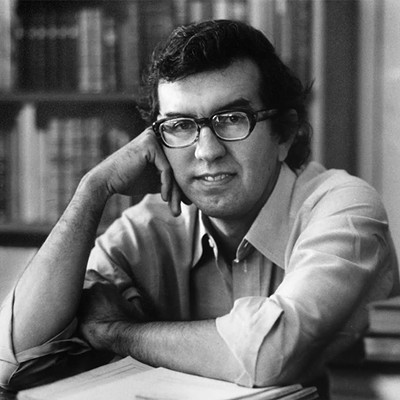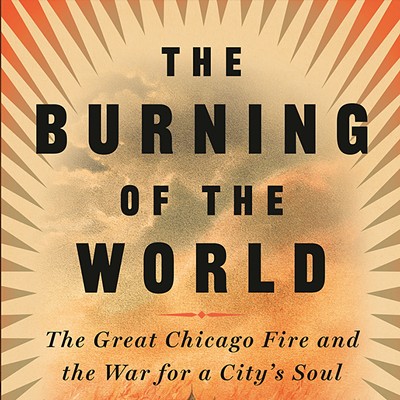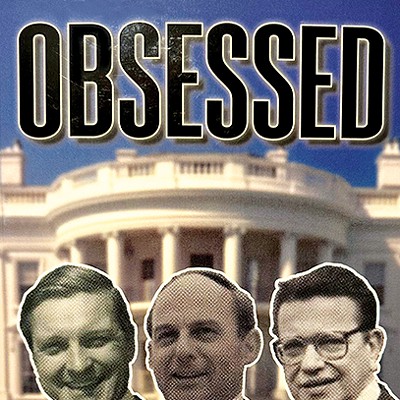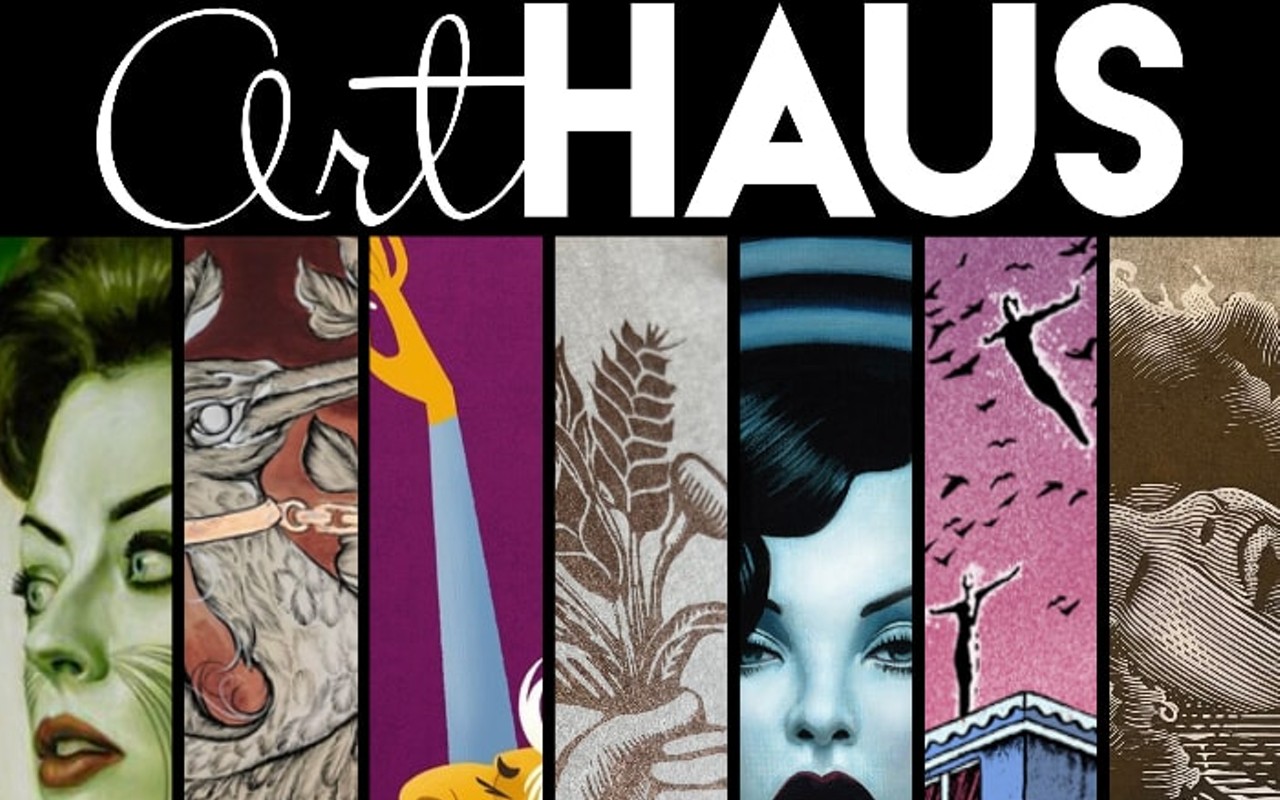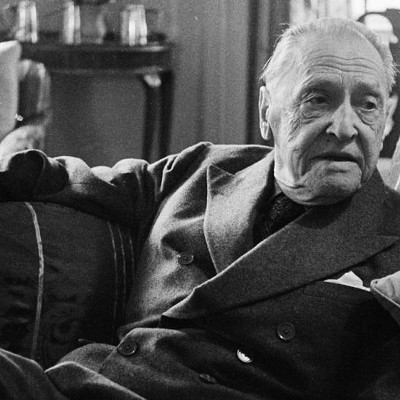Lincoln and the Jews: A History, by Jonathan D. Sarna and Benjamin Shapell.
Thomas Dunne Books, 2015.
In the weeks preceding the controversial speech of Israeli Prime Minister Benjamin Netanyahu to a joint session of Congress, Jewish Americans once again faced the dilemma of dual loyalties to the United States and Israel. It is a deeply vexing problem that Jews in our nation must confront on a seemingly regular basis. Do we care more about Israel than we do about the United States? Are we only concerned about “Jewish issues” to the exclusion of critical national issues?
Unfortunately, there is no resolution to these questions. They rise anew every time some issue of importance to Jewish Americans intrudes into the national political debate, seemingly all the way back to the beginning of the republic. In 1862, General Ulysses Grant, upon learning that his father was working with Jewish clothing manufacturers to move southern cotton to the north, issued general Order Number 11, expelling “Jews as a class” from the territory under his command. A small number of Jews living in Mississippi, Kentucky and Tennessee were expelled from those states. More would certainly have been relocated had not President Abraham Lincoln overturned Grant’s order three weeks after it was issued.
Lincoln and the Jews: a History, by Jonathan Sarna and Benjamin Shapell investigates and uncovers the complex relationship between Lincoln and the Jews of his era. The book is not a deep and incisive historical study. Instead the authors have reproduced letters, notes, documents and photographs to establish how Lincoln befriended and protected Jews from a tense climate of suspicion and scapegoating during the troublesome period of the American Civil War. The book coincides with a major exhibition: “To See Jerusalem Before I Die – Lincoln and the Jews” which opened at the New York Historical Society on March 20. It then will move to our own Abraham Lincoln Presidential Museum in August.
For those Jews living in Lincoln’s hometown, our history is entwined with his. Abraham Lincoln the attorney and politician numbered many central Illinois Jewish Americans among his friends and supporters. One such friend and supporter was Abraham Jonas from Quincy. Lincoln and the English-born Jonas were friends and political allies. Jonas was one of Lincoln’s first supporters for the presidency in 1860. As early as 1858 Jonas theorized that Jewish voters would support a Republican for president because of the missteps of the Buchanan administration.
Living in Springfield, Lincoln befriended clothing merchant Julius Hammerslough. The Hammerslough clothing business would one day grow into Sears Roebuck, but in the 1850s he operated Hammerslough and Brothers Clothing on the north side of the public square in Springfield. When Hammerslough died, the New York Times obituary described him as a “warm friend of Abraham Lincoln.” He was part of the delegation that met the body of the martyred president when it was returned to Springfield.
Lincoln and the Jews offers letters, notes, appointments and correspondence that memorialize the relationship between Lincoln and American Jews in an era where antisemitism was the prevailing view. Through this myriad of personal writings we see the strong character of Abraham Lincoln who admired, befriended and protected Jews during a troublesome period in American history. Today in our nation when we are again troubled by issues of religious animosity and intolerance, Americans of all faiths would do well to remember the courage and leadership of Abraham Lincoln.
Stuart Shiffman served 22 years as a judge in Illinois. He is currently of counsel to Feldman-Wasser in Springfield, and serves as an adjunct professor in the political science and legal studies department at Illinois State University.
Lincoln and the Jews
Admirer, friend and protector during an antisemitic era
[
{
"name": "Air - MedRect Combo - Inline Content 1",
"component": "11490391",
"insertPoint": "3",
"requiredCountToDisplay": "1",
"parentWrapperClass": "fdn-ads-inline-content-block"
},{
"name": "Air - MedRect Combo - Inline Content 2",
"component": "11490392",
"insertPoint": "7",
"requiredCountToDisplay": "5",
"parentWrapperClass": "fdn-ads-inline-content-block"
},{
"name": "Air - MedRect Combo - Inline Content 3",
"component": "11490393",
"insertPoint": "12",
"requiredCountToDisplay": "9",
"parentWrapperClass": "fdn-ads-inline-content-block"
}
]
Illinois Times has provided readers with independent journalism for almost 50 years, from news and politics to arts and culture.
Your support will help cover the costs of editorial content published each week. Without local news organizations, we would be less informed about the issues that affect our community..
Got something to say?
Send a letter to the editor and we'll publish your feedback in print!

